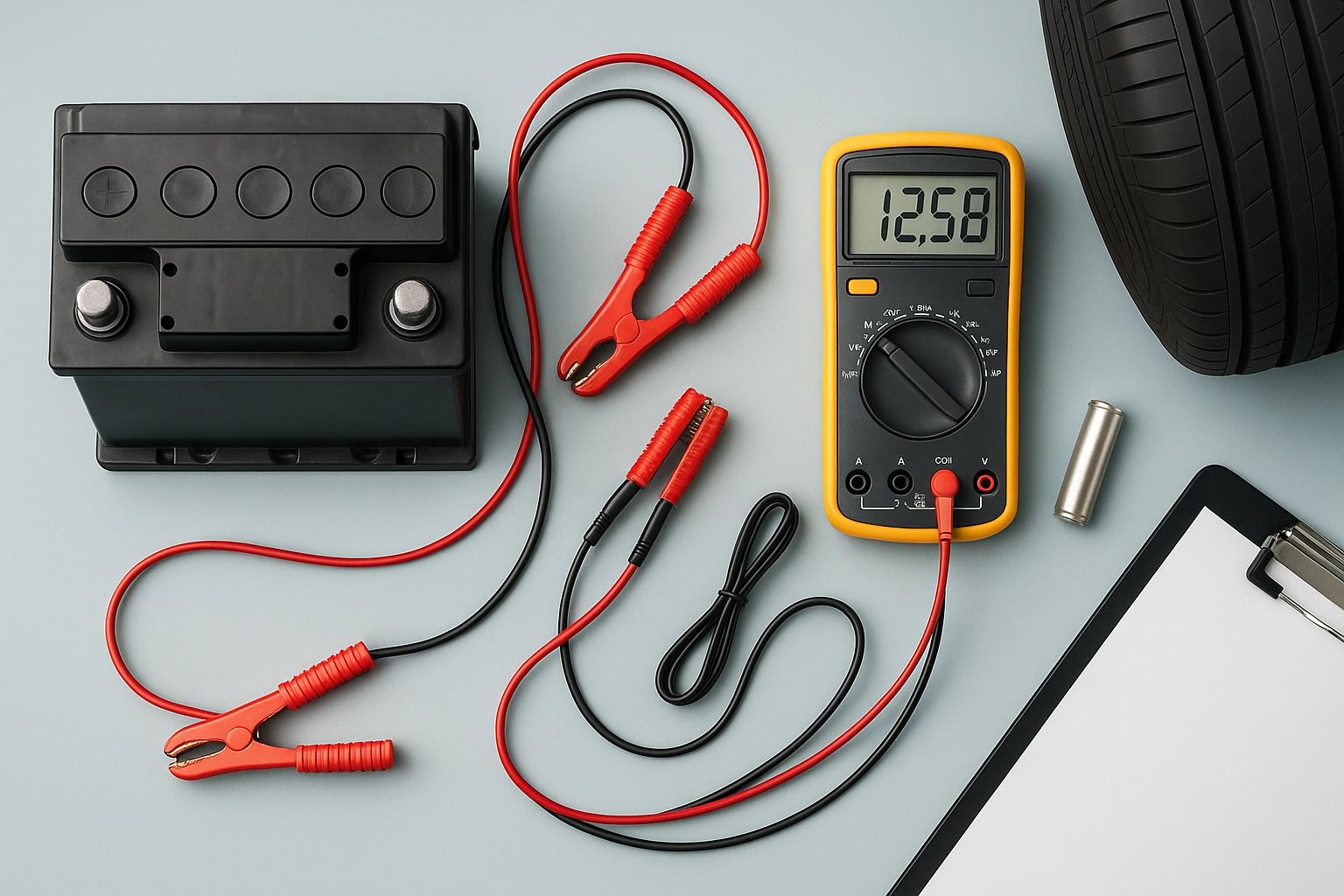IEC 63330 Battery Short Circuit Safety Testing
The IEC 63330 standard is designed to ensure that automotive batteries are safe under short circuit conditions. This testing procedure evaluates the battery's ability to withstand and recover from a short circuit without causing damage or posing an electrical hazard.
During this test, the battery is subjected to a controlled short circuit condition for a specified duration. The duration can range from 1 second to several seconds, depending on the specific requirements of the standard. After the short circuit event, the battery undergoes a series of checks to ensure it remains functional and safe.
The test is critical in automotive applications where batteries are exposed to various environmental stresses and operational conditions that could potentially lead to short circuits. Automotive batteries must be robust enough to handle these situations without compromising vehicle safety or performance.
Short circuit events can occur due to manufacturing defects, wear and tear, or external factors such as physical damage from road debris or improper handling during installation. Ensuring the battery's resilience under such conditions is essential for maintaining reliability in automotive systems.
The testing process involves several key steps: preparing the specimen, applying the short circuit condition, monitoring the response of the battery, and evaluating recovery performance. Specimen preparation includes ensuring that the battery meets all pre-test requirements as specified by IEC 63330.
Once prepared, the battery is connected to a testing apparatus designed to apply the short circuit condition safely and accurately. The duration and intensity of the short circuit are critical parameters that must be carefully controlled to simulate real-world scenarios accurately.
After the test period, various checks are performed to assess the battery's integrity and functionality:
- Visual inspection for any visible damage or changes in appearance
- Electrical resistance measurement to ensure no significant increase over baseline readings
- Battery voltage testing to confirm it remains within acceptable limits post-test
- Capacitor charging time check to evaluate the battery's capacity for energy storage and release
These checks are crucial in determining whether the battery can continue to function safely after exposure to a short circuit. If any of these criteria fail, it indicates that the battery may not be suitable for continued use, especially in demanding automotive applications.
The results of this testing are vital for manufacturers and quality managers as they provide critical insights into the durability and safety of batteries used in automotive systems. By adhering to IEC 63330 standards, companies can ensure that their products meet stringent international safety requirements and contribute to overall vehicle reliability.
This testing is particularly important in electric vehicles (EVs) where battery performance directly impacts driving range and safety. Ensuring compliance with these standards not only protects end-users but also contributes to the broader goal of advancing sustainable transportation solutions.
Benefits
The benefits of IEC 63330 Battery Short Circuit Safety Testing extend beyond meeting regulatory requirements. It offers several advantages that are crucial for maintaining product quality and safety:
- Enhanced Product Reliability: By ensuring the battery's ability to withstand short circuit conditions, you can significantly enhance the overall reliability of your automotive products.
- Improved Safety Standards: Compliance with international standards like IEC 63330 ensures that your batteries meet stringent safety requirements, protecting end-users from potential hazards.
- Competitive Edge: Demonstrating compliance with these standards can set your products apart in the competitive market, enhancing brand reputation and customer trust.
In addition to these tangible benefits, adhering to IEC 63330 also contributes to the broader goal of advancing sustainable transportation solutions. By ensuring that batteries are robust under all conditions, you play a vital role in promoting safer and more efficient vehicles.
Eurolab Advantages
At Eurolab, we pride ourselves on offering comprehensive testing services tailored to meet the specific needs of your automotive products. Our expertise in IEC 63330 Battery Short Circuit Safety Testing ensures that you receive accurate and reliable results:
- Accurate Testing Equipment: We use state-of-the-art equipment calibrated to international standards, ensuring precise and consistent test results.
- Experienced Technicians: Our team of experts has extensive experience in automotive testing, providing you with the knowledge and expertise needed to meet all your testing requirements.
- Comprehensive Reporting: We offer detailed reports that provide a thorough analysis of each test result, helping you make informed decisions about product quality and safety.
We understand the importance of reliable testing in ensuring automotive battery safety. By partnering with Eurolab, you can trust that your products will meet the highest international standards and contribute to safer and more sustainable transportation solutions.





